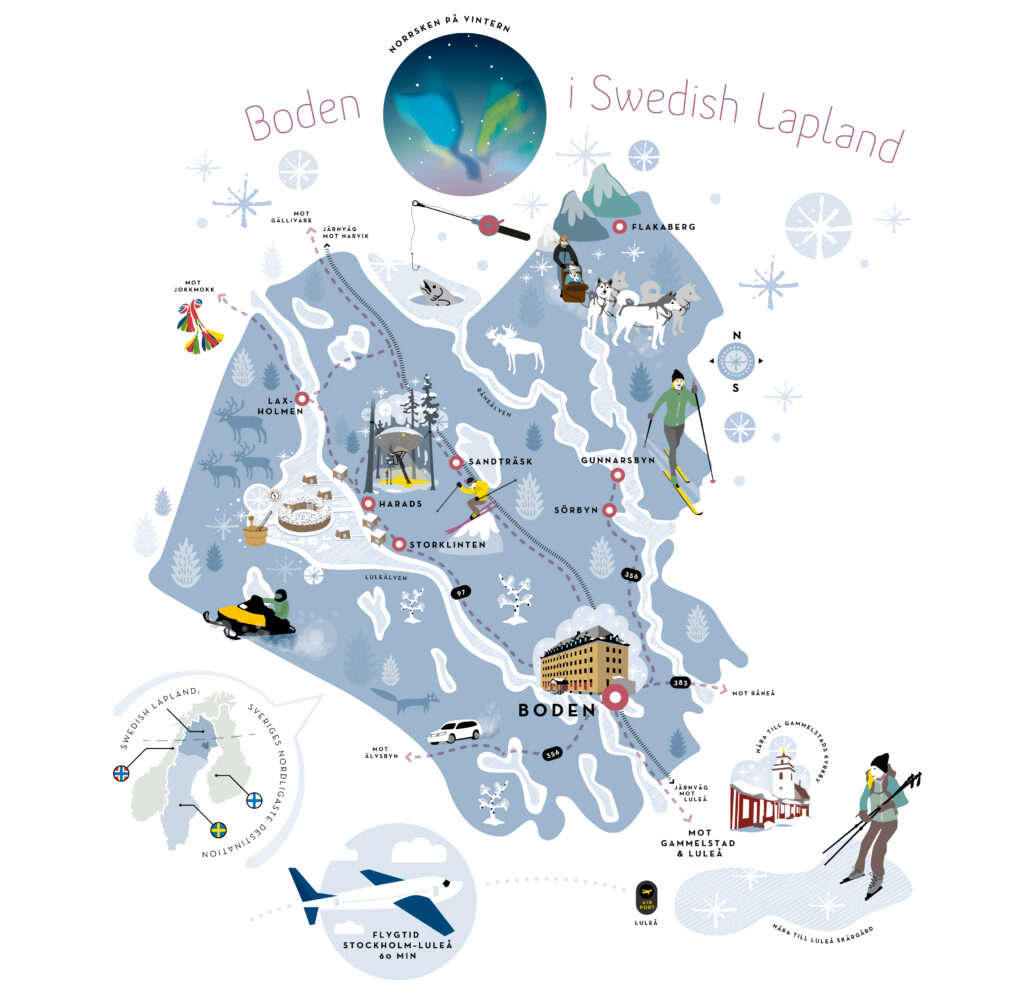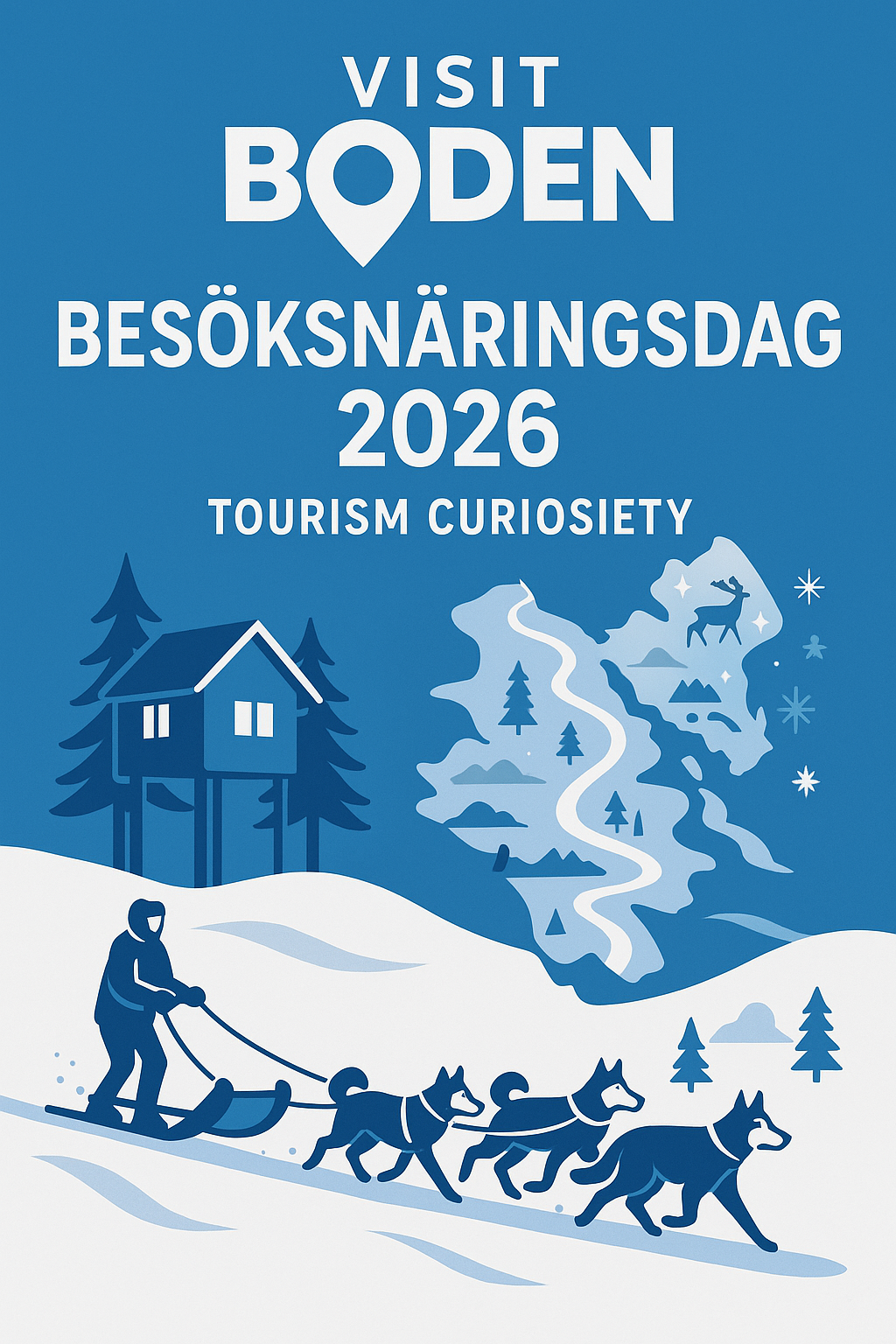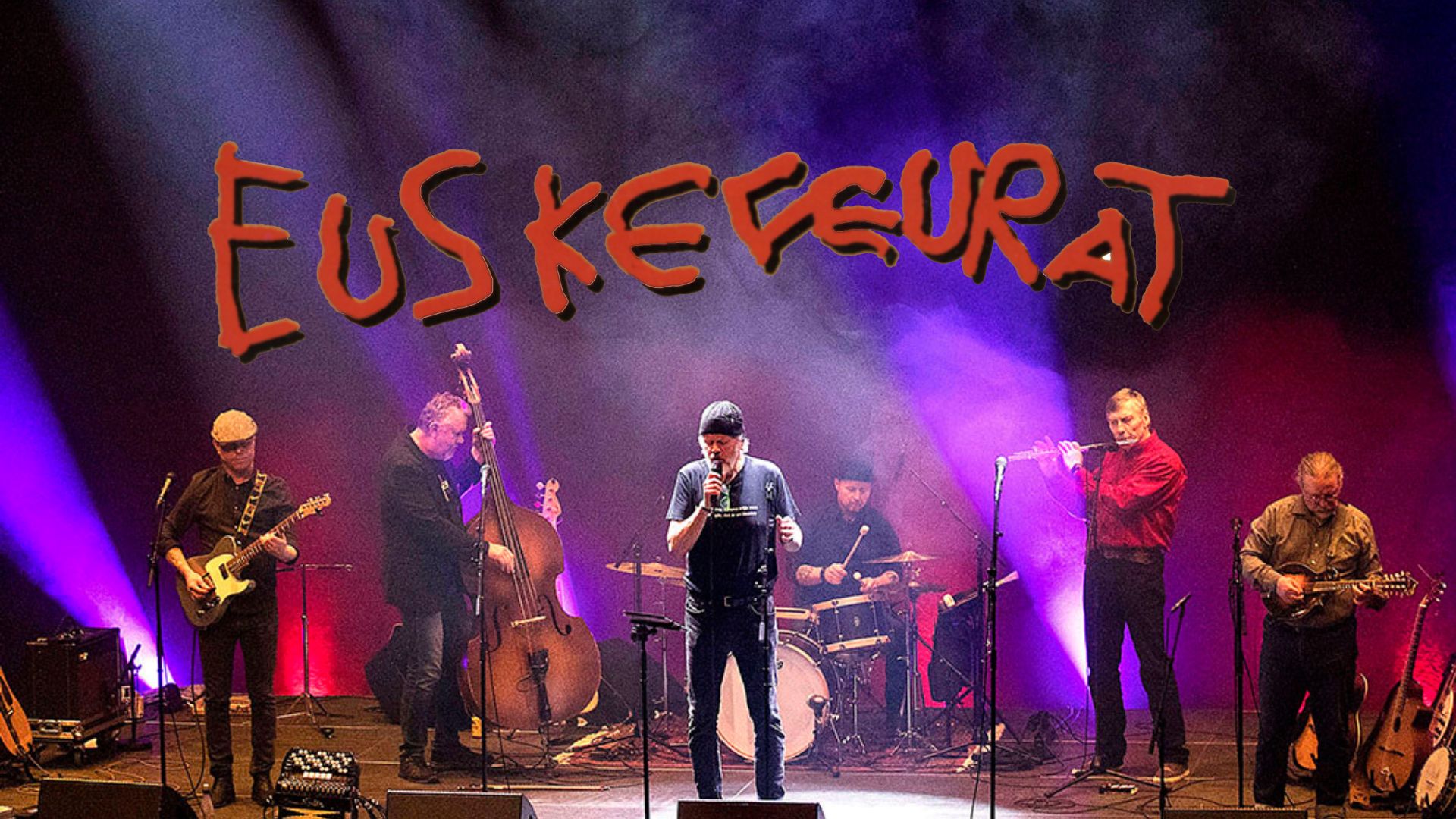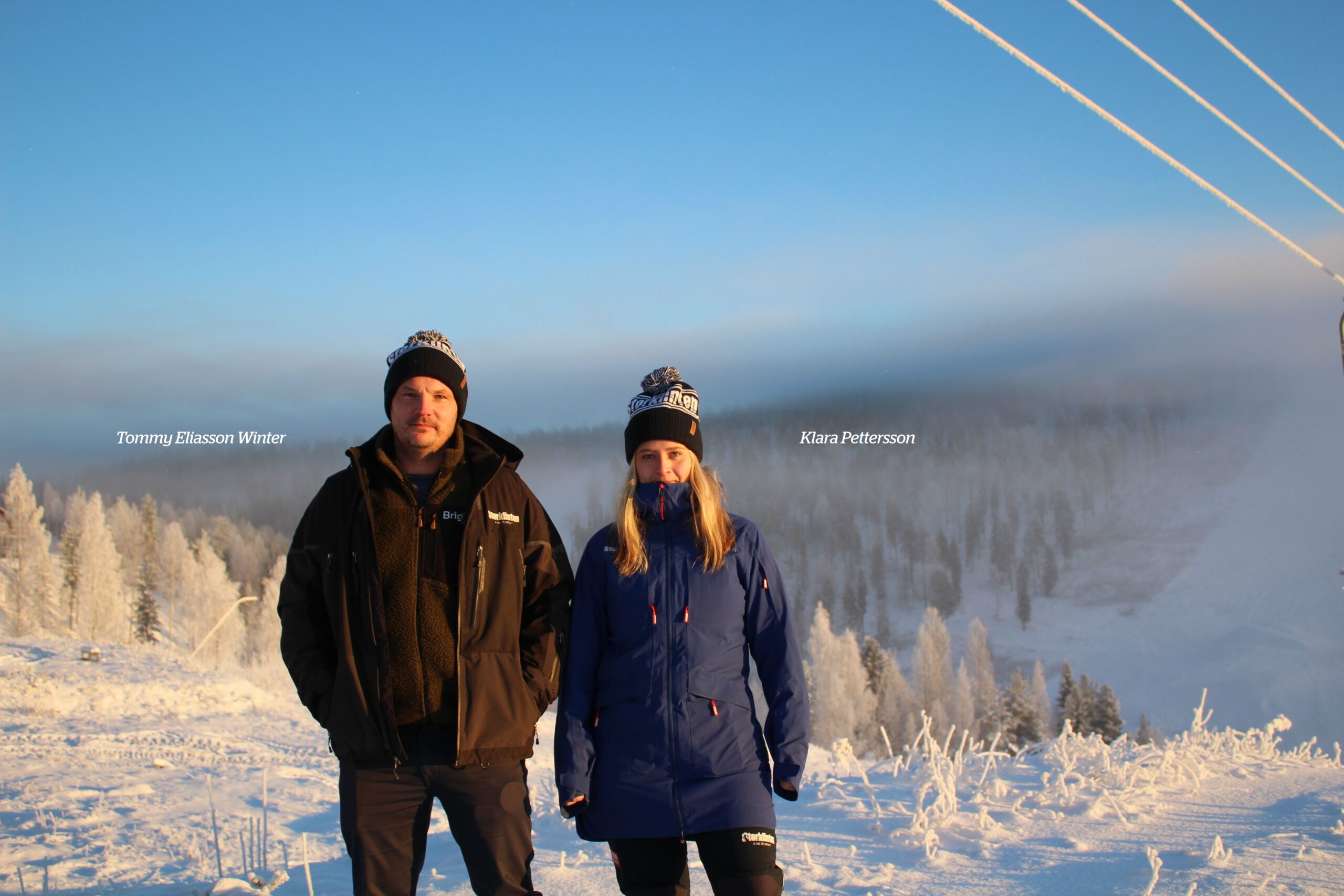Welcome to the new way to experience Boden!
We say hello to renewal and goodbye to the old tourist center on Kungsgatan. From September 15, as a resident, visitor or tourist, you can get information about Boden municipality's tourism companies, activities, events, restaurants, shops and cafés here on the website or at selected locations in the municipality at so-called InfoPoints.
At an InfoPoint you will find brochures, maps and other material that may be of interest when visiting our beautiful municipality, and you will meet people with good local knowledge who are eager to share their best tips.
You can see where to find an InfoPoint below.

InfoPoints
- Boden Travel Center, Stationsgatan 8
- EDEK - Service point Harads, Edeborgsvägen 1
- RÅEK - Service point Gunnarsbyn, Hallonvägen 15
- UNEK - Service points Unbyn, Unbyn 15
- NordPoolen Äventyrsbad - Garnisonsgatan 1, 961 75 Boden
- First Camp Björknäs - Idrottsgatan 8, 961 64 Boden
- Sörbyn Lodge - Sörbyn 222, 961 97 Gunnarsbyn
- Travel center - City Hall central Boden

Save for the planner
Please login to bookmark
Close




